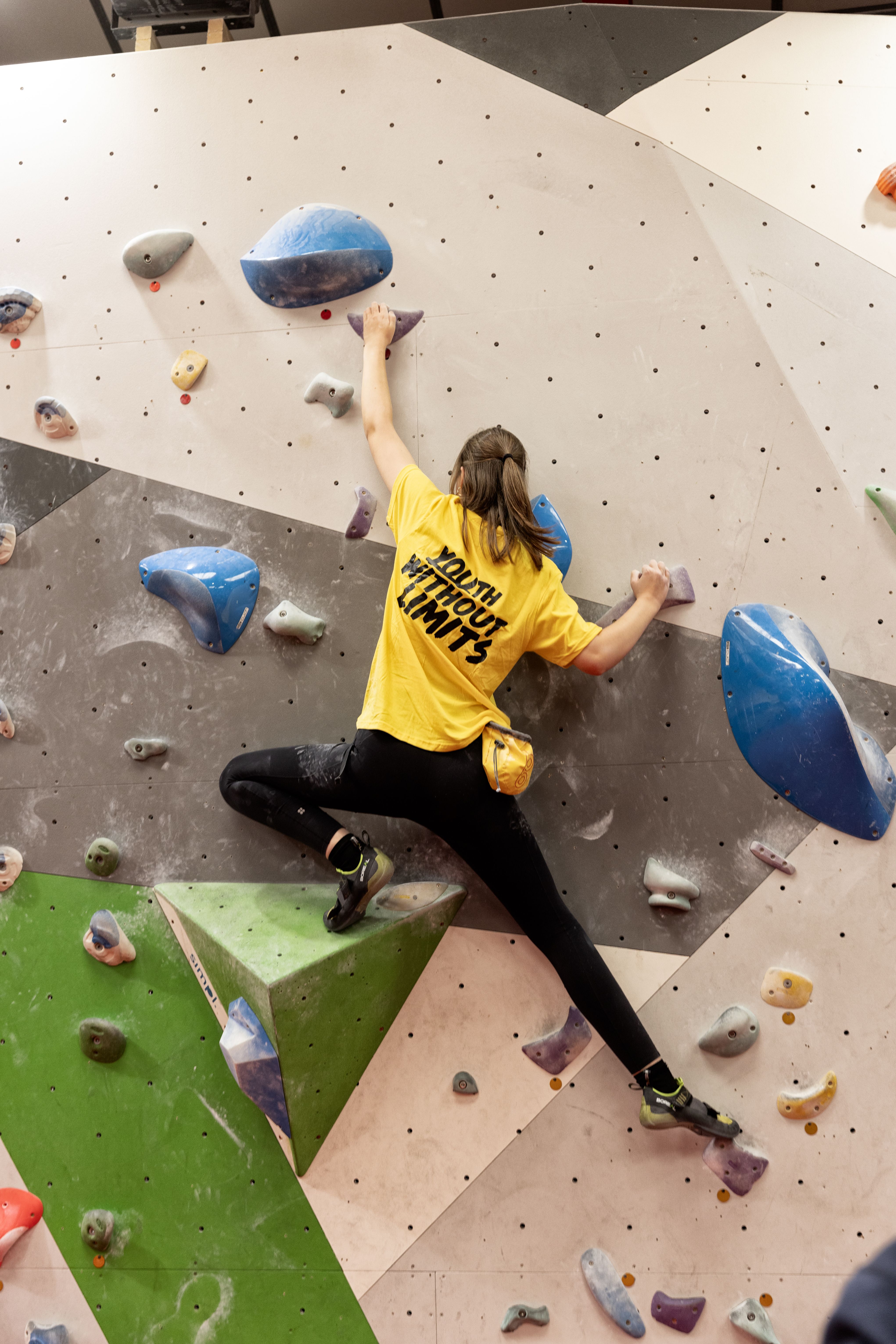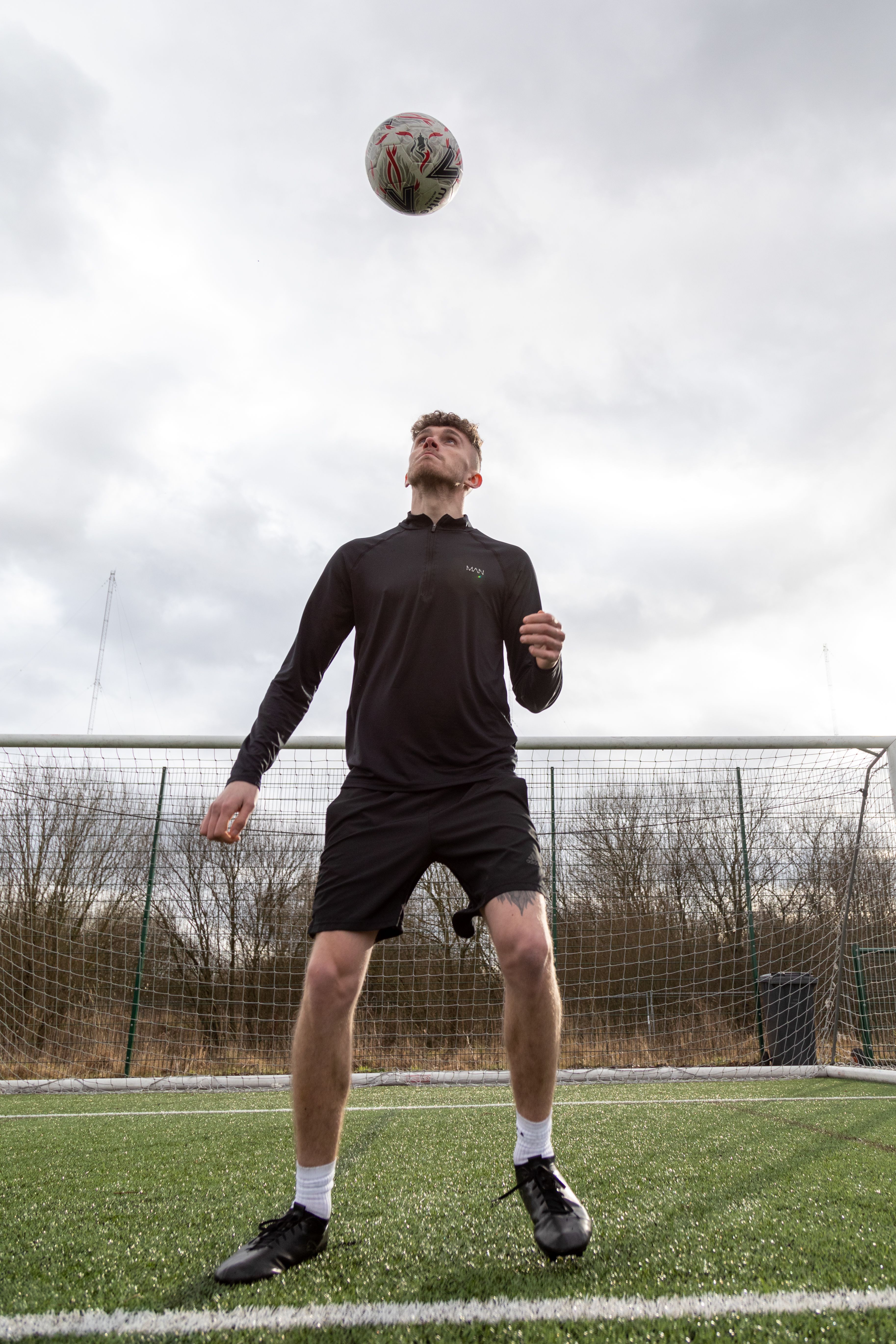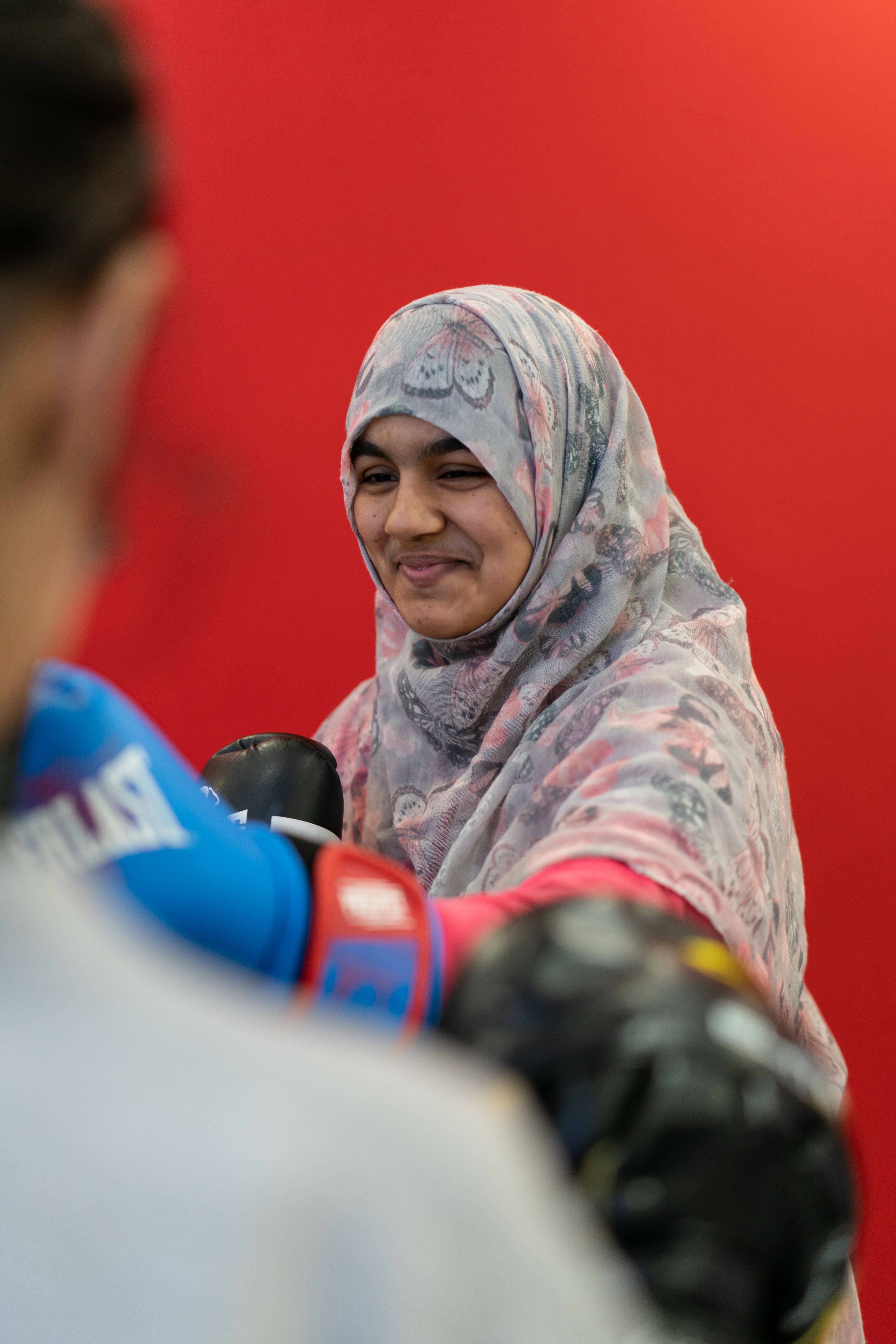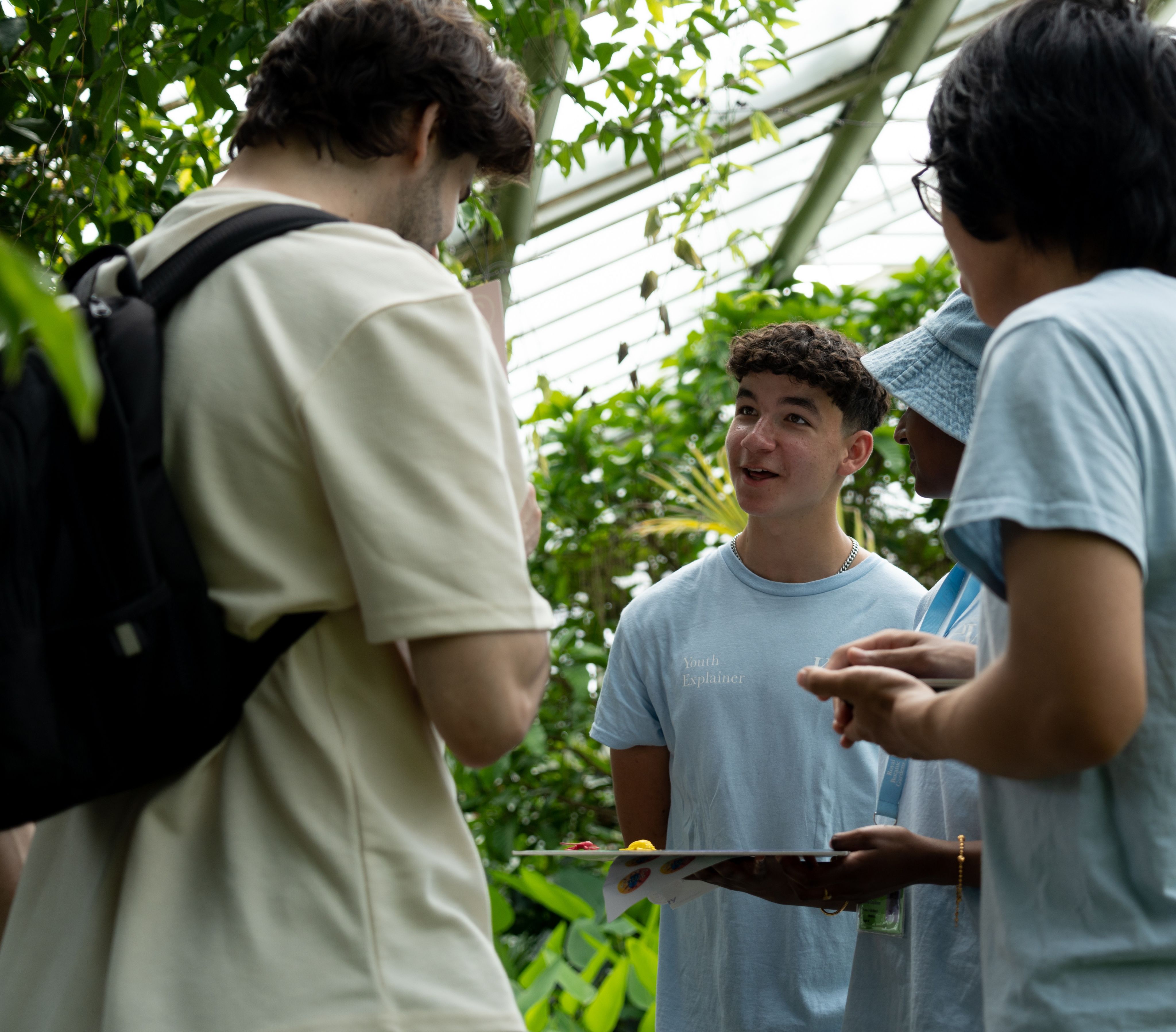
Our brand new 2024 Impact Report shows young people who take part in the DofE experience positive impacts on their wellbeing, skills development, community ties and physical activity.
The report, which analyses data from 40,880 participants, presents the outcomes of our innovative Impact Measurement Framework for the first time. The framework uses a groundbreaking open data methodology to measure the difference taking part in the DofE makes to participants, comparing DofE data with UK-wide youth population data in some key areas.
The research shows statistically significant improvements in three out of four wellbeing measures – life satisfaction, happiness and feelings of doing things in life that are worthwhile. Improvements in life satisfaction are higher for girls and young women, young people from minority ethnic backgrounds, and those who reported poor or fair health at the start of their DofE.
Using best practice methodology set out in the 2021 HM Treasury Green Book, we’ve calculated that life satisfaction improvements experienced by DofE participants have an estimated average social value of £4,400 per person. In 2023/24, 155,502 young people achieved a DofE Award – equating to a total social value of more than £684m.
Crucially, the data suggests participation also seems to act as a protective factor – helping to counteract some of the negative trends in young people’s wellbeing during adolescence seen in the UK youth population.
Anxiety in young people over the course of their DofE appears to follow the same pattern seen in national data, increasing with age. However, while data from participants and UK youth data show the same starting point for anxiety at age 16, the increase by age 18 is less for those doing their DofE.
INTRODUCTION
As CEO of The Duke of Edinburgh’s Award (DofE), I’m proud to share our charity’s new Impact Report.
The DofE exists to help young people build the skills and capabilities they need to successfully navigate adult life. The kinds of skills that you can’t learn in a classroom or from a textbook. The qualities that exams can’t measure, but that every person needs. That’s why finding robust ways to measure our impact is of vital importance to us, as well as for our partners, policy-makers and, of course, young people themselves.
Our Impact Report measures the difference participating in DofE makes to young people across a range of key outcomes. We have used a groundbreaking open data methodology to enable us to examine the impact of participation on young people’s social and emotional development, wellbeing and sense of belonging, and to compare this against data for the UK youth population as a whole.
Analysing responses from 40,880 DofE participants, our findings show a statistically significant positive impact on wellbeing, skills development, community ties and physical activity for young people doing their DofE.
Our methodology means we can also measure the social value of these improvements in wellbeing in monetary terms. Using the best practice methodology set out in the 2021 HM Treasury Green Book, our results show that wellbeing improvements experienced by DofE participants have an estimated average social value of £4,400 per person.
Crucially, DofE participation also appears to act as a protective factor, helping to counteract some of the negative trends seen in young people’s wellbeing during adolescence. In three out of four wellbeing measures, young people report statistically significant improvements from the start to the end of a DofE programme, with improvements in life satisfaction higher for girls and young women and participants from minority ethnic backgrounds.
Today’s young people are growing up in an uncertain and uniquely challenging world. More than ever, we need to find ways to support their development, safeguard their wellbeing and build their independence and essential skills.
Our report presents an encouraging picture of the impact of DofE participation on young people – but this is just the beginning of our impact journey. We still have much to explore and learn. We look forward to building on our evidence base in the years to come to ensure that all young people can access the high-quality enrichment and personal development support they need and deserve.
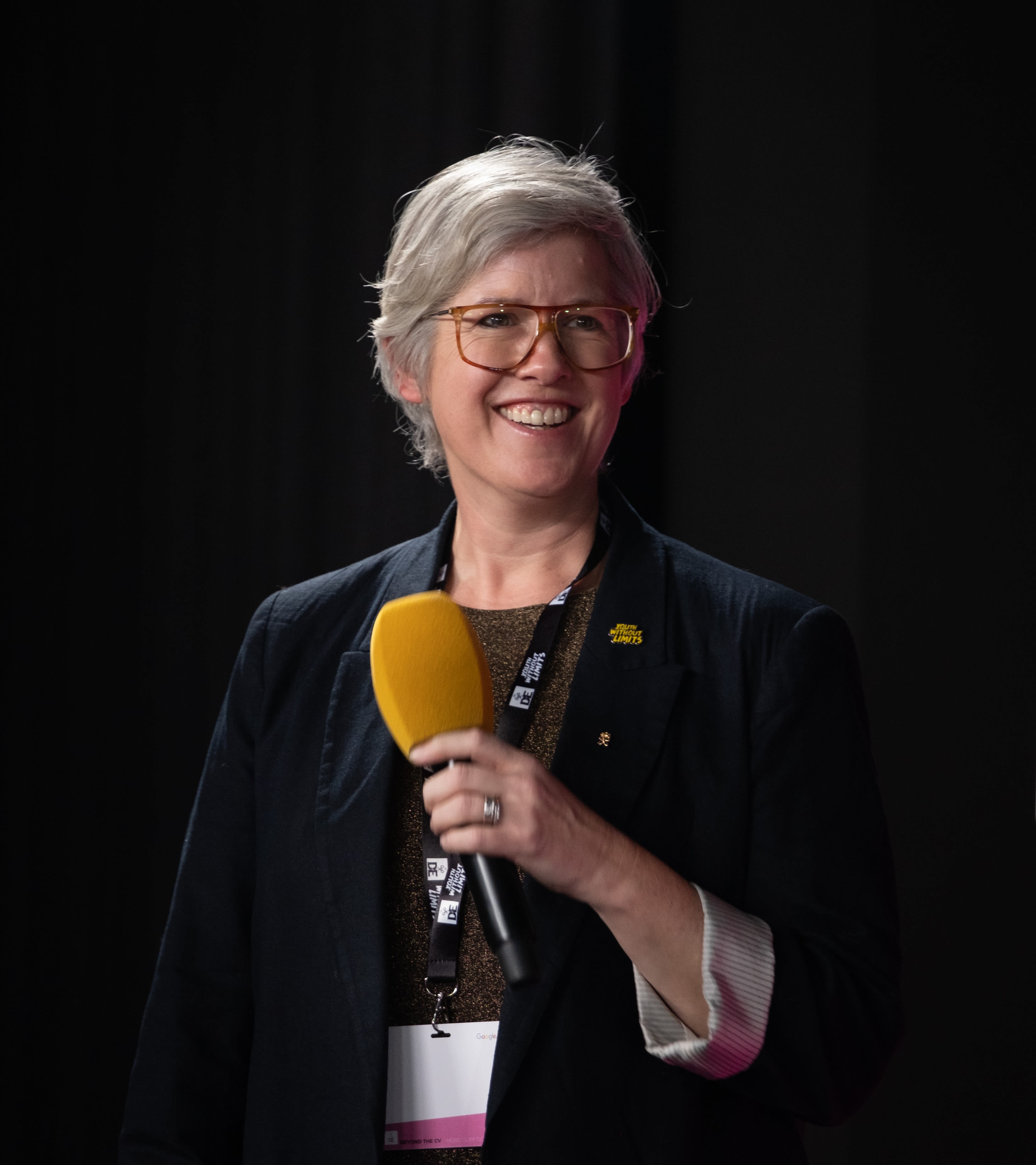
Ruth Marvel OBE
CEO, The Duke of Edinburgh's Award
Summary of our findings
When analysing the data, we explored how young people feel about their lives at the start, middle and end of their DofE journey, focusing on their wellbeing, skills development, community ties and physical activity, using standardised national measures for key outcomes where appropriate.
- Our findings show that young people achieve positive outcomes through their participation in DofE, including:
- Improvements in wellbeing worth a social value of £4,400 per person per year. The social value is highest for Gold, followed by Silver and Bronze.
- Improvements in six out of seven skills measures, with the greatest improvement seen among Gold participants in teamwork.
- Improvements in all three community ties measures, with the greatest improvement seen in agency – ‘making a difference'
- An increase in levels of physical activity.
Social value
The UK government defines social value as:"all significant costs and benefits that affect the welfare and wellbeing of the population.”
Measuring social value allows us to frame social impact in monetary terms and consider the wider impact of achieving a DofE Award on a young person's wellbeing and on society.
Our Approach
The DofE’s tailor-made Impact Measurement Framework asks participants a series of questions at different stages of their DofE experience – from signing up, to achieving their Award.
These questions were carefully chosen from government and academic surveys to align with the outcomes in the DofE’s Theory of Change and allow comparison to national datasets and the youth population in the UK. Our full list of questions can be found in the Appendix.
The DofE dataset analysed in this report included 40,880 responses from young people before and after achieving a Bronze, Silver or Gold Award between July 2022 and July 2024, and is broadly representative of all DofE participants. It is slightly over representative of young people from minority ethnic backgrounds and girls and young women, and slightly under representative of those living in areas of high deprivation.
We asked social impact experts State of Life to explore the dataset using both descriptive statistics and regression analysis – their methods have given us confidence in the robustness and validity of our findings.
For more information about our methodology, please read our Technical Report.
Keeping young people safe
We’ve built an innovative safeguarding alert process into our Impact Measurement Framework, ensuring that young people who respond with answers indicating low wellbeing are supported by a trusted adult in a timely way.
Defining statistical significance
In this report, “significant” means the change seen in a young person’s responses is statistically significant. Statistical significance means a result is unlikely to be explained by chance or random factors.
Our findings:
Wellbeing
Our findings show that taking part in the DofE increases life satisfaction, happiness and feelings of doing things in life that are worthwhile. For three out of four wellbeing measures, there are significant improvements from the start to the end of a DofE programme.
The graphs below show that life satisfaction, happiness and feelings of worthwhileness improve from the start to the end of a DofE Award and peak in the middle.
Figure 1: Wellbeing measures
1. For anxiety, higher scores indicate higher anxiety.
DofE participation appears to mitigate drops in life satisfaction as young people get older.1
Among the national youth population, life satisfaction declines with age, but DofE participants report higher-than-average life satisfaction, both at the start and end of their journey. Additionally, their satisfaction remains steadier over time, indicating that DofE participation may help counteract the usual drop.
Improvements in life satisfaction were found to be greater for young people from minority ethnic backgrounds, girls and young women, and those who report poor or fair health at the start of their DofE, compared with the overall sample of DofE participants.
1. It should be noted that DofE participants report higher life satisfaction than the national average at the start of their journey.
2. National data is from a timeframe matched as closely as possible with the timeframe of DofE data. Active Lives Children and Young People data, between July 2022 and July 2023. National data is normally collected separately for those under and over 16. The source here includes those up to age 16.
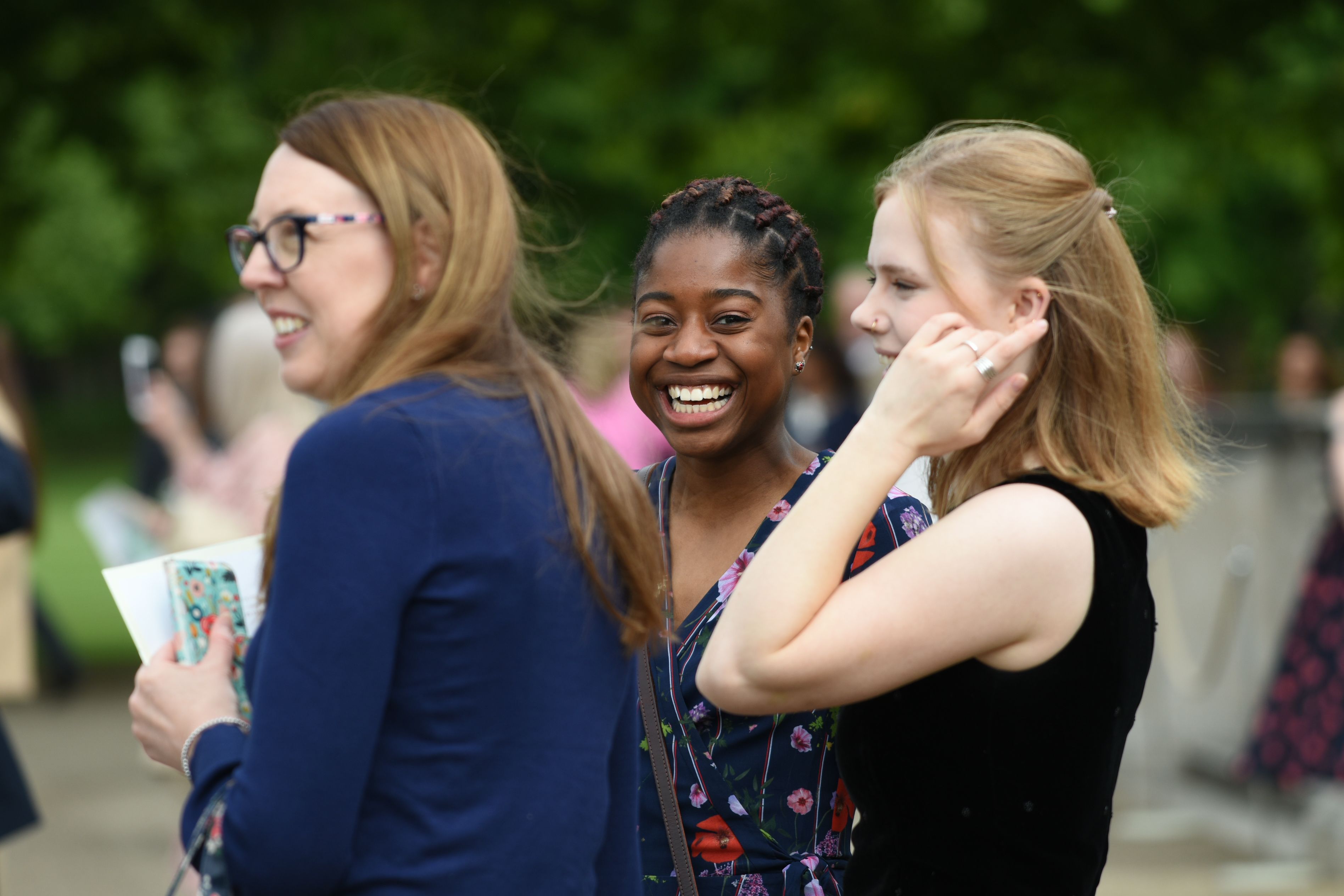
Anxiety in participants over the course of their DofE programme appears to follow a similar pattern we see in national data, increasing with age.1
However, crucially, while data from DofE participants and national data show the same starting point for anxiety at age 16, the increase by age 18 is less for DofE participants. This trend may reflect how young people are feeling about themselves, particular life events and the world around them.
1. National data for anxiety is more difficult to match because it generally isn’t asked to those under 16. This national data comparison is from Active Lives Adult data, between November 2021 and November 2022.
2. For anxiety, higher scores indicate higher anxiety.
“The DofE has made me more passionate about life, I have gained self-belief.”
Gold Award holder, 22
Across all Award levels, the increase in life satisfaction can be converted to a social value of £4,400 per person per year.1
Life satisfaction increases (and therefore social value) appear greater for Silver and Gold Award participants.2
We measure social value following HM Treasury guidance so we can confidently assess the value created using a standardised approach and measures. We then convert that into a monetary value using the WELLBY measure, so we’re able to compare the magnitude of benefits created in a common currency and make it possible to compare that with costs.3
1. On average, there was an increase of 0.29 in life satisfaction after completing a DofE programme. This is worth £4,400, per person per year, in social value.
2. The overall average value is closest to the value for Bronze, capturing the fact that most Awards achieved are Bronze.
3. For more information, please see our Technical Report.
Our findings:
Skills
Our findings show significant improvements in six out of seven skills measures – teamwork, resilience, confidence, emotional management, problem-solving and initiative, with the greatest change seen for Gold Award participants in teamwork.
Young people doing their DofE improved their confidence and problem solving.1
Figure 4
The proportion of young people answering ‘strongly agree’ increased from 30% to 37% from the start to the end of their DofE Award.
Figure 5
The proportion of young people answering ‘strongly agree’ to the statement “I can usually solve my own problems” increased from 27% to 33% from the start to the end of their DofE Award.
“DofE has made me more confident and independent, and prepared me for work.”
Bronze and Silver Award holder, 20
1. The shifts are small and, across all measures, scores were relatively high at the start of a DofE. The additional findings from the regression analysis concluded statistical significance for the changes which gives us confidence that the improvements are connected to participation in DofE.
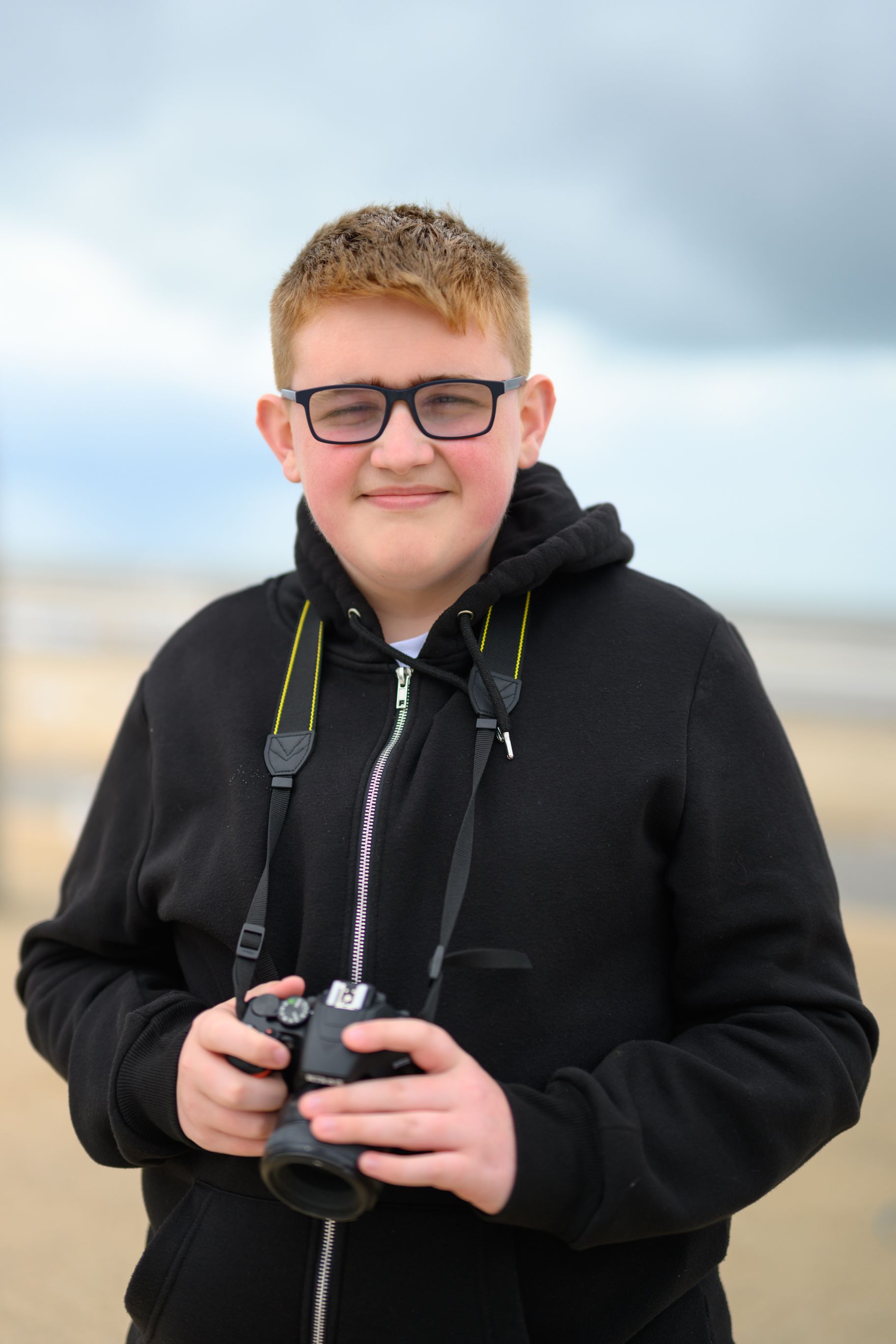
Young people doing their DofE improved their emotional management and initiative.1
Figure 6
The proportion of young people answering ‘exactly true’ to the statement “I can remain calm when facing difficulties because I can rely on my coping abilities” increased from 24% to 26% from the start to the end of their DofE Award.
Figure 7
The proportion of young people answering ‘exactly true’ to the statement “thanks to my resourcefulness, I know how to handle unforeseen situations” increased from 18% to 23% from the start to the end of their DofE Award.
“When [my DofE group was] together, we felt like we could take on anything.”
Bronze, Silver and Gold Award holder, 20
1. The shifts are small and, across all measures, scores were relatively high at the start of a DofE. The additional findings from regression analysis concluded statistical significance for the changes which gives us confidence that the improvements are connected to participation in DofE.
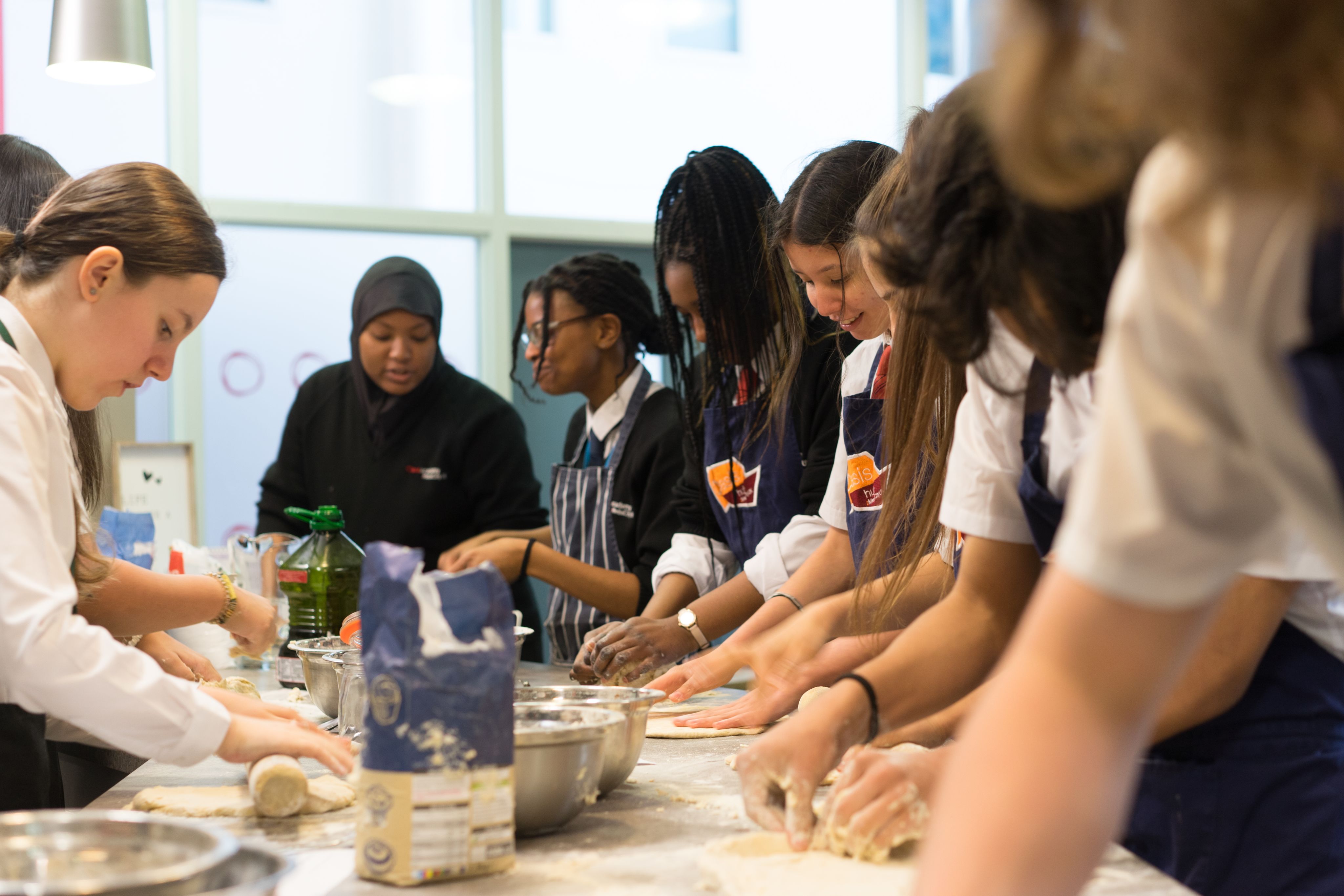
Young people doing their DofE improved their resilience.1
Figure 8
The proportion of young people answering ‘strongly agree’ increased from 27% to 29% from the start to the end of their DofE Award.
No significant improvement was observed for empathy.
Figure 9
This question is asked only to Gold DofE participants after the Residential section. Young people view themselves as empathetic at the start and end of their DofE journey.
“I’m a lot more resilient than I was before. Now I’m able to keep trying and not give up. ”
Silver Award participant, 15
1. The shifts are small and, across all measures, scores were relatively high at the start of a DofE. The additional findings from regression analysis concluded statistical significance for the changes which gives us confidence that the improvements are connected to participation in DofE.
2. The sample size for this question was 519.
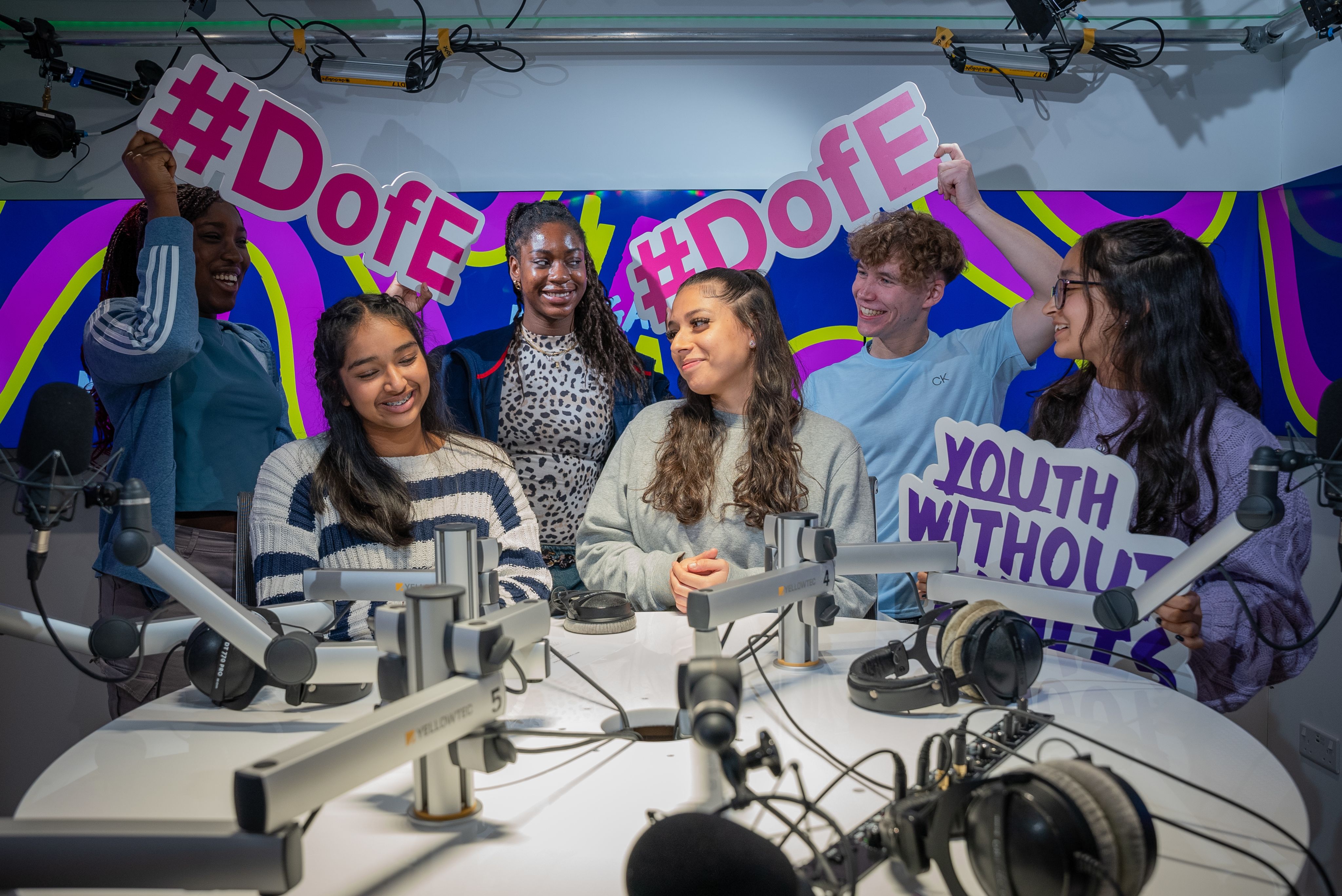
Gold Award holders reported more confidence in working in a team.1
Figure 10
Teamwork is an essential aspect of the Gold DofE experience. At Gold level only, participants complete a fifth section – the Residential – which offers them a challenging and fun learning experience away from home with people they don’t know.
Following their Residential, young people reported feeling more confident about working with other people in a team. The proportion of participants answering 'very confident' increased from 32% to 42%.
“A big [skill I learned] was being able to motivate others as well as myself. I learnt how to work more as a team.”
Gold Award holder, 20
1. The shifts are small and, across all measures, scores were relatively high at the start of a DofE. The additional findings from regression analysis concluded statistical significance for the changes which gives us confidence that the improvements are connected to participation in DofE. The sample size for this question was 508.
Writing is a medium of communication that represents language through the inscription of signs and symbols.
In most languages, writing is a complement to speech or spoken language. Writing is not a language but a form of technology. Within a language system, writing relies on many of the same structures as speech, such as vocabulary, grammar and semantics, with the added dependency of a system of signs or symbols, usually in the form of a formal alphabet. The result of writing is generally called text, and the recipient of text is called a reader. Motivations for writing include publication, storytelling, correspondence and diary. Writing has been instrumental in keeping history, dissemination of knowledge through the media and the formation of legal systems.
“Before DofE, I was in my shell. I didn’t go out, didn’t do activities. It opened my eyes to the opportunities out there.”
Gold Award holder, 19
Our findings:
Community ties
For all three community ties measures, there are significant improvements from the start to the end of a DofE journey. In particular, young people felt more strongly that they were making a difference to the world around them.1
“It’s important to give back. Through volunteering, I’ve been able to put it into practice.”
Bronze DofE participant, 14
Figure 11
Participants reported higher feelings of belonging in their communities at the end of their DofE. On completion, 78% agreed or strongly agreed with the statement: “I feel like I belong in this neighbourhood". This is much higher than the proportion nationally (53%).
Figure 12
Participants reported feeling more trust in their local areas. The proportion of people answering 'strongly agree/agree' increased from 68% to 72%.
Figure 13
Young people doing their DofE reported improved feelings of agency – they feel they can make a difference to the world. The proportion of young people who gave the top four responses increased from 72% to 81%.:
1. The shifts are small and, across all measures, scores were relatively high at the start of a DofE. The additional findings from regression analysis concluded statistical significance for the changes which gives us confidence that the improvements are connected to participation in DofE.
“I volunteer at a food bank for DofE. It feels great to be able to contribute to the local community.”
Gold Award participant, 20
Our findings:
being active
Participants reported becoming more physically active by the end of their DofE. On average, participants are active 4.6 days a week at the start of their DofE journey, increasing to 4.9 days per week by the end.1
“Going to the gym [for DofE] has improved my mental and physical health massively.”
Gold Award participant, 22
Figure 14
The proportion reporting they had done 30 minutes or more of physical activity (enough to raise your breathing rate) between five to seven days a week increased from 54% to 59%.
DofE participants can generally be considered ‘active’ (at least 150 minutes a week) and ‘fairly active’ (an average of 30-149 minutes a week). There are very few participants who are considered ‘inactive’ (fewer than 30 minutes a week).
1. The shifts are small and, across all measures, scores were relatively high at the start of a DofE. The additional findings from regression analysis concluded statistical significance for the changes which gives us confidence that the improvements are connected to participation in DofE.
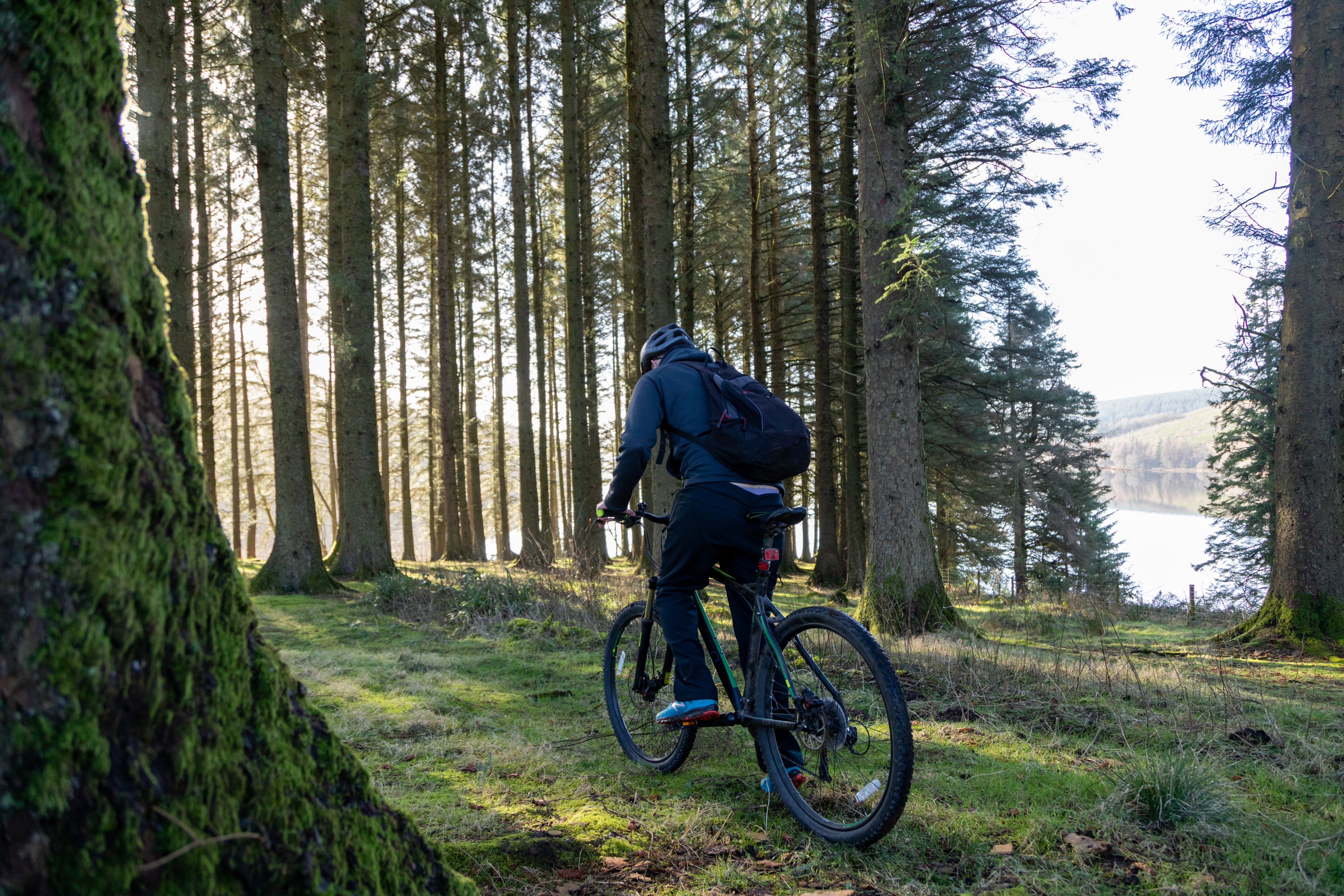
“Since starting DofE, I’ve been more active, physical and eager to be out in the world.”
Silver Award participant, 15
Conclusion
Our first Impact Report shows young people, based on their own self-assessment, achieve a range of positive outcomes by doing their Duke of Edinburgh’s Award:1
- Participants see improvements in their overall wellbeing. It is especially encouraging that DofE participation appears to mitigate against the decline in life satisfaction observed in the youth population as they get older.
- Participants showed improvements in an impressive cross-section of skills which are vital as they navigate the transition from education to employment – in particular teamwork (for Gold participants).
- Young people also develop in problem-solving, initiative, resilience and confidence – enabling them to tackle challenges, manage their emotions and stay calm under pressure.
- Participation fosters both feelings of local trust and community belonging – supporting young people through the transition to adulthood.
- Participants feel a strong sense of personal agency – that they are more able to make a difference to the world around them. The DofE helps them build a positive and supportive social network, offering an important safety net and alternative connections beyond school and home.
- Young people taking part in their DofE increased their physical activity, with the majority meeting or surpassing the recommended level of activity for their age. This boost in physical fitness can support their physical and emotional wellbeing.
1. We recognise that many other social, political and economic factors will have shaped young people’s experience during their DofE programme, which coincided with the immediate aftermath of the COVID pandemic.
“DofE has been a positive experience for me – it’s given me opportunities to do things I couldn’t have before.”
Bronze Award holder, 16
Looking Forward
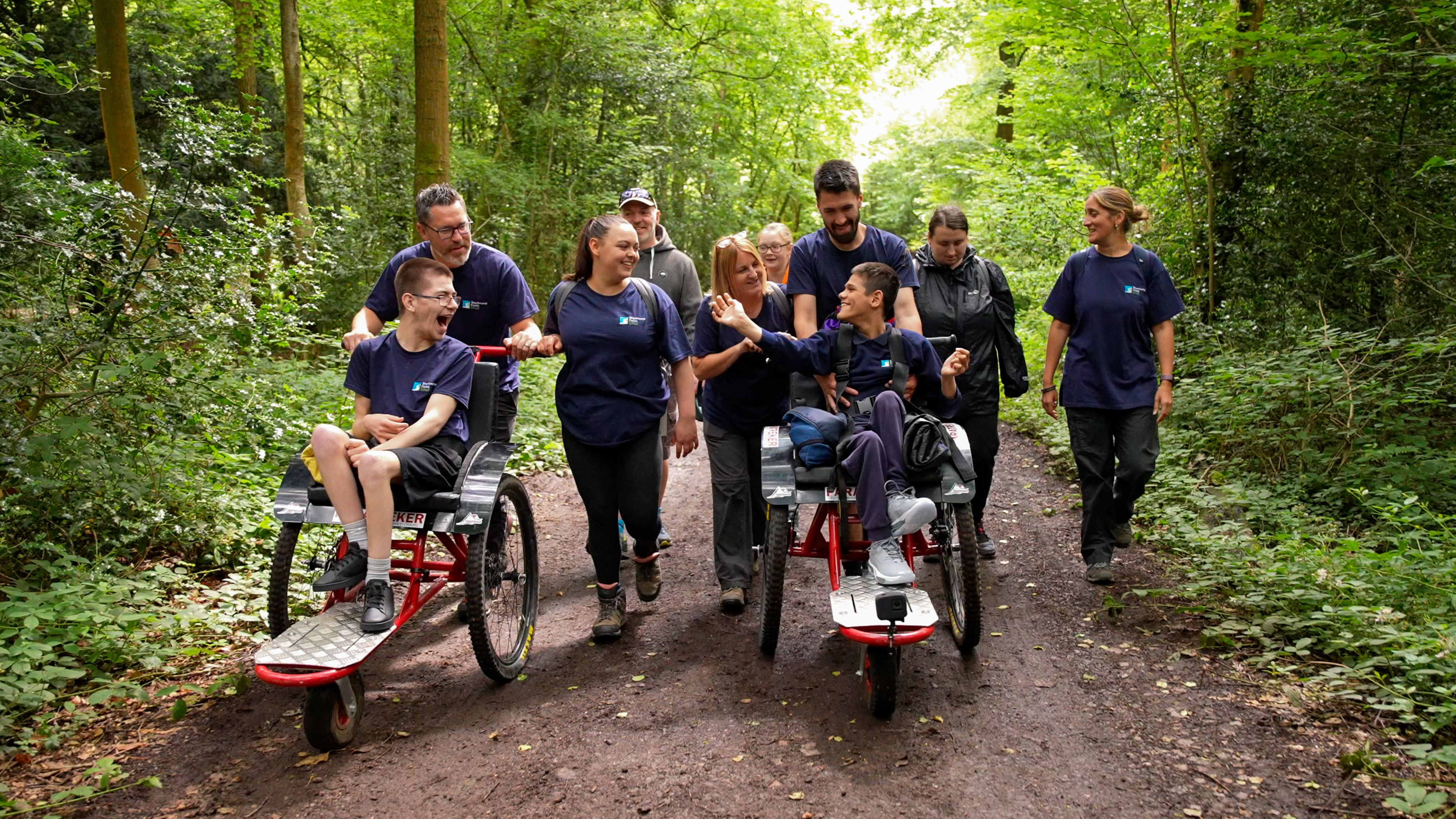
- Our Impact Report lays out an encouraging picture of the impact of DofE participation on young people. But this was a high-level analysis – there is still so much more to explore and learn.
- It's noteworthy that DofE participants generally report higher life satisfaction and wellbeing to begin with, compared to the youth population as a whole. We are interested in exploring the reasons for this, and the impact of DofE participation on young people who report lower than average levels of wellbeing at the beginning of their programme, in future analysis.
- We’re working to adapt our Impact Measurement Framework for young people doing their DofE in Special Educational Needs and Disabilities (SEND) settings and prisons and young offender institutions.
- We’ll increase our efforts to understand the value of participation and longer-term outcomes for those who do their DofE. And we'll work hard to make our programmes supportive to young people experiencing difficult or challenging times.
- And, of course, we’ll continue to use our research to improve our programme and offer high-quality, relevant enrichment opportunities to more young people – whoever they are and wherever they’re from.
Thanks
We'd like to acknowledge colleagues from State of Life for their important role in the analysis and interpretation of this impact data, and to St. James's Place for their generous support.
A huge thank you to our fantastic participants, who made this report possible by responding to our impact survey while doing their DofE, to our brilliant UK Youth Ambassadors, and to those who have shared their stories.
Finally, we are immensely grateful to our remarkable network of partner organisations, volunteers and supporters who make the DofE possible – giving young people life-changing opportunities, every day, across the UK.
appendix
For each question, participants can choose from a scale of responses, including “prefer not to say”. Questions 1-4 make up the Office for National Statistics (ONS4) questions on personal wellbeing which are collected at a national level. Please see our Technical Report for more information about the methodology, analysis and people in the sample.
For more information see: Personal well-being in the UK - Office for National Statistics (ons.gov.uk)


